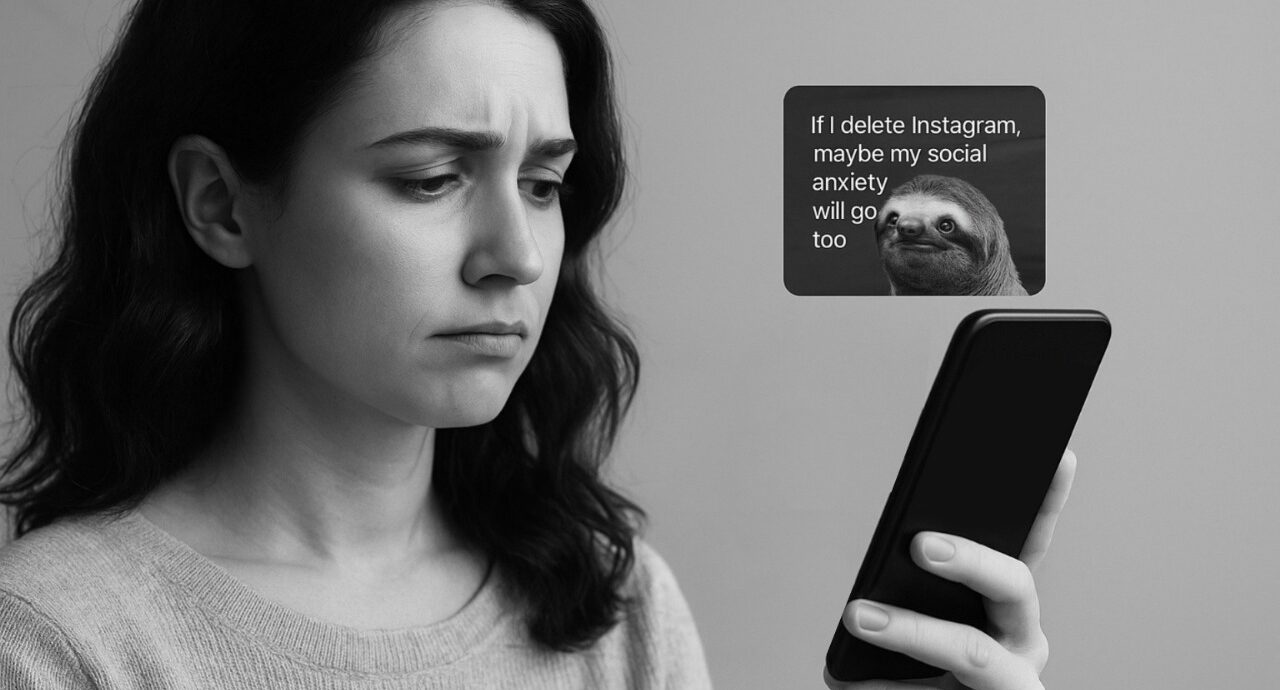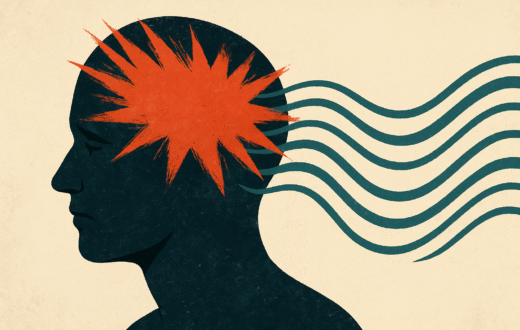Memes as Digital Therapy

Memes aren’t just jokes on your feed—they’re snippets of shared human experience. In place of cave drawings, we now have a sloth giving side-eye with the caption: “If I delete Instagram, maybe my social anxiety will go too.” And somehow, that line resonates. Because in just one post, it captures a universal discomfort so many quietly carry.
What Are Mental Health Memes?
Memes are Gen Z’s shorthand for expressing emotional distress—turning heartbreak, anxiety, ADHD, or depression into compact reflections of truth. They’re snapshots of emotion wrapped in humor, irony, or absurdity. Whether it’s SpongeBob spiraling or Ryan Gosling caught mid-crisis, memes offer a mirror to our emotional lives, letting us laugh at what usually feels too heavy.
In a world of nonstop scrolling and fragmented focus, memes simplify emotional complexity. They speak when clinical terms fall short. As a therapist, I find it promising when mental health finds space in everyday language—even if it’s in a carousel of jokes about dissociating at Starbucks.
The Psychological Benefits of Memes
Validation:
Memes can label emotions we don’t yet have words for. That “me too” moment can evolve into “finally, I feel seen.”
Humor as Coping:
Laughing about intrusive thoughts or emotional eating doesn’t dismiss them—it helps us face them. Humor can create a healthy distance, releasing endorphins and lowering stress.
Reframing:
Turning pain into a joke can shift how we see it. Reframing is a powerful therapeutic tool that memes naturally activate.
Community Building:
Sharing memes shows us we’re not alone. They offer solidarity, especially when it feels like no one understands.
Breaking Stigma:
Memes make heavy topics—trauma, suicidality, OCD—feel less intimidating, opening doors to talk instead of shutting them in shame.
Psychoeducation:
Condensed and accessible, many memes translate dense psychological concepts into relatable insights.
The Psychological Risks
Oversimplification:
Mental health is nuanced. Memes may reduce complex conditions to punchlines, reinforcing stereotypes.
Triggers and Re-traumatization:
Some memes contain sensitive content that can unexpectedly reopen old wounds.
Avoidance:
Joking about symptoms may delay real help. Humor should not be the only coping tool.
Normalization of Crisis:
Constant exposure to memes about serious conditions like eating disorders or suicidality can desensitize audiences and make harmful behaviors seem common or even acceptable.
Self-Diagnosis:
Memes can spread misused or vague terminology, leading to inaccurate self-labeling without professional evaluation.
Responsible Meme Use: Tips for Creators and Consumers
- Add Trigger Warnings: For themes like suicide or trauma, always include a clear “TW” label.
- Avoid Mockery: Aim to connect, not to ridicule. Even self-deprecating humor should be handled with care.
- Link to Resources: When tackling serious mental health topics, include helplines or therapy resources.
- Stay Open to Feedback: If someone is hurt by your content, listen. Intent doesn’t erase impact.
- Monitor Your Feed: If memes reinforce harmful self-beliefs, take time to curate your digital environment.
- Respect Creators: If you didn’t make the meme, give credit where it’s due.
Memes won’t solve mental health struggles. But they might make someone feel less alone in theirs. And sometimes, that’s enough to get you through the day—until the next surreal raccoon meme shows up.





